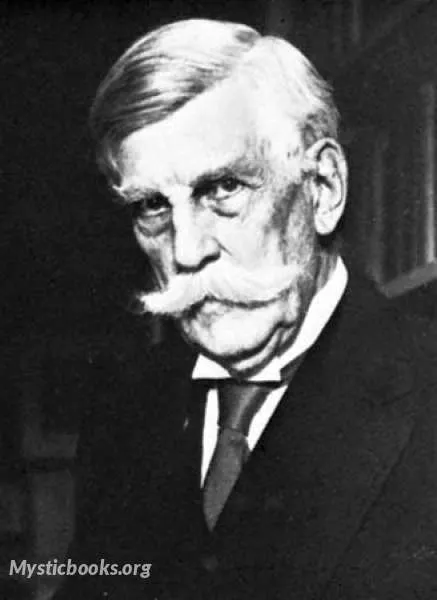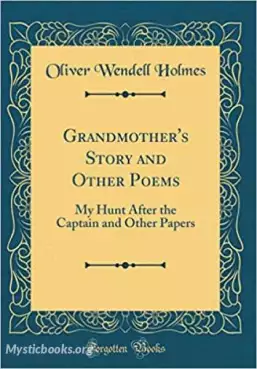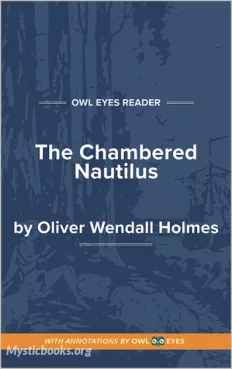
Timeline
Title
Country/Nationality
Oliver Wendell Holmes
Oliver Wendell Holmes Jr. was an American jurist who served as an Associate Justice of the Supreme Court of the United States from 1902 to 1932. Noted for his long service, concise and pithy opinions, and deference to the decisions of elected legislatures, he is one of the most widely cited United States Supreme Court justices in history, particularly for opinions on civil liberties and American constitutional democracy, and is one of the most influential American common law judges, honored during his lifetime in Great Britain as well as the United States. Holmes retired from the court at the age of 90, an unbeaten record for oldest justice in the federal Supreme Court (although John Paul Stevens was only 8 months younger when he retired on April 12, 2010). He previously served as an Associate Justice and as Chief Justice of the Massachusetts Supreme Judicial Court, and was Weld Professor of Law at his alma mater, Harvard Law School.
Profoundly influenced by his experience fighting in the American Civil War, Holmes helped move American legal thinking towards legal realism, as summed up in his maxim: "The life of the law has not been logic: it has been experience." Holmes espoused a form of moral skepticism and opposed the doctrine of natural law, marking a significant shift in American jurisprudence. In one of his most famous opinions, his dissent in Abrams v. United States (1919), he wrote that he regarded the United States Constitution's theory "that the best test of truth is the power of the thought to get itself accepted in the competition of the market" as "an experiment, as all life is an experiment" and believed that as a consequence "we should be eternally vigilant against attempts to check the expression of opinions that we loathe and believe to be fraught with death." During his tenure on the Supreme Court, to which he was appointed by President Theodore Roosevelt, he supported efforts for economic regulation and advocated broad freedom of speech under the First Amendment, although, previously, in the 1919 case, Schenck v. United States, he had upheld criminal sanctions against draft protestors with the memorable maxim that "free speech would not protect a man in falsely shouting fire in a theatre and causing a panic", and formulated the groundbreaking clear and present danger test for a unanimous court. His positions as well as his distinctive personality and writing style made him a popular figure, especially with American progressives. His jurisprudence influenced much subsequent American legal thinking, including the judicial consensus supporting New Deal regulatory law, and influential schools of pragmatism, critical legal studies, and law and economics. He was one of only a handful of justices to be known as a scholar; The Journal of Legal Studies has identified Holmes as the third-most cited American legal scholar of the 20th century.
Books by Oliver Wendell Holmes

My Hunt After 'The Captain'
Holmes describes his frantic search through Civil War torn landscapes for his wounded son, the future Supreme Court Justice. Originally published in The Atlantic Magazine, 1862. Holmes, Sr. (1809 -1894) was an American physician, poet, professor, lec...

The Chambered Nautilus
It is a poignant and reflective poem that explores the theme of personal growth and evolution. Written in 1858, this timeless piece of literature has captivated readers with its beautiful imagery and profound insights into the human experience. The...